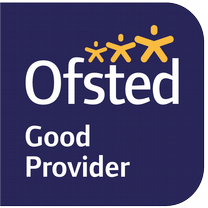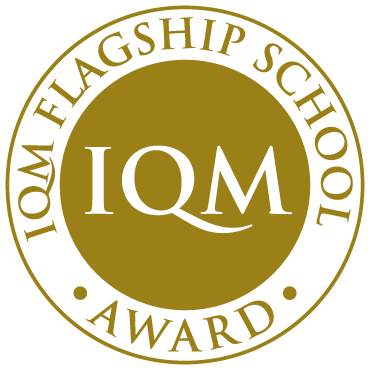What is the pupil premium?
The Pupil Premium provides additional funding on top of the main funding a school receives. It is targeted at students from disadvantaged backgrounds to ensure they benefit from the same opportunities as students from less deprived families. From September 2014, the premium will be worth £1330 and goes to students who at any point in the past 6 years have been in receipt of Free School Meals (FSM); £1,900 goes to any student who has been continuously looked after for the past six months or who has been adopted from care under the Adoption and Children Act 2002 or who has left care under a Special Guardianship or Residence Order; finally £300 goes to students whose parent/parents are currently serving in the armed forces or are in receipt of a pension from the MoD.
How the Pupil Premium is spent is monitored closely with all schools accountable for the impact of the money spent. At Bush Hill Park we pride out selves on utilising the Pupil Premium to support our students with a specific focus on Literacy, Transition (at all key stages) Engagement, and Attendance, maximising the life opportunities for all students – we are a ‘very inclusive and caring school’ (IQM Quality Mark 2015).
Why is there a pupil premium?
Students who have been eligible for Free School Meals at any point in their school career have consistently lower educational attainment than those who have never been eligible.
How many pupils at Bush Hill Park Primary School are eligible for the Pupil Premium?
Currently 48% of students at Bush Hill Park Primary School are eligible for the Pupil Premium
How will the impact of the spending of the Pupil Premium be measured?
To monitor progress on attainment, new measures will be included in the performance tables that will capture the achievement of students covered by the Pupil Premium. At Bush Hill Park, the usual cycle of data collection and the monitoring and tracking of the cohort’s attainment, will be used to inform student progress and enable the early identification of need, support and appropriate intervention.






